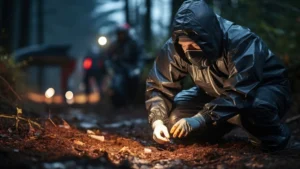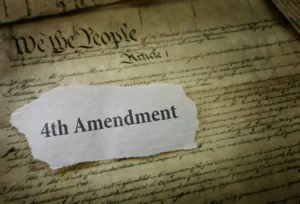Bloodstain Pattern Analysis (BPA) stands as a cornerstone of forensic science, offering investigators a window into the dynamics of violent crimes through the interpretation of bloodstains. By meticulously analyzing the size, shape, distribution, and location of bloodstains at a crime scene, BPA enables forensic experts to reconstruct the sequence of events, pinpoint the positions of victims and perpetrators, and even deduce critical details such as the type of weapon involved. This discipline transforms seemingly chaotic blood evidence into a coherent narrative, providing invaluable insights that significantly enhance crime scene reconstruction. Beyond mere observation, BPA bridges physics, biology, and investigative techniques, making it a powerful ally in the pursuit of justice.





